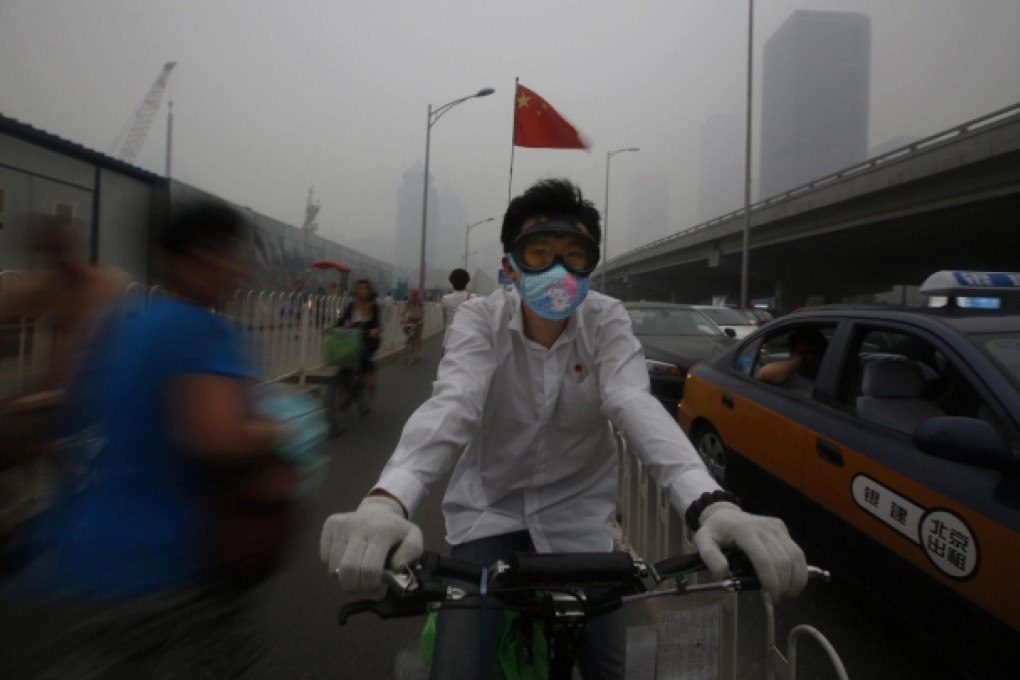China's green ministry failing in its mission
Hopes upgraded protection agency would clean up the nation fade as pollution worsens

When the State Environmental Protection Agency was upgraded to a ministry five years ago, expectations were high that it was finally being given some teeth.

But five years on, the public has become impatient as pollution continues to worsen. Choking haze, dirty rivers, soil pollution leading to toxic rice and vegetables, and polluting factories built or planned close to homes have led to growing street protests.
The ministry's latest state of the environment report described the situation as "grim", with 30 per cent of major rivers "polluted" or "severely polluted", and 60 per cent of groundwater rated "bad" or "extremely bad".
As the National People's Congress met in March in a Beijing shrouded in smog, support for Environment Minister Zhou Shengxian and the NPC's new environmental protection and resource conservation committee hit a low almost unprecedented in the rubber stamp legislature.
Yang Ailun, a senior associate with the World Resources Institute, a Washington-based environmental NGO, said although the ministry had a higher status than the agency and was better equipped with technology and expertise, it was still largely failing to keep pace with environmental degradation and increasingly complicated challenges.